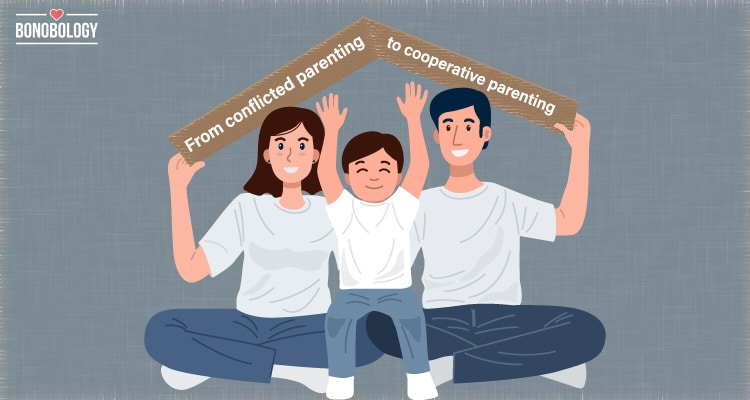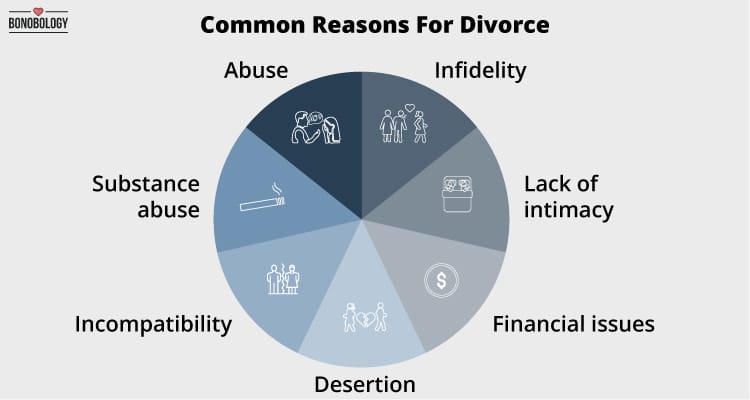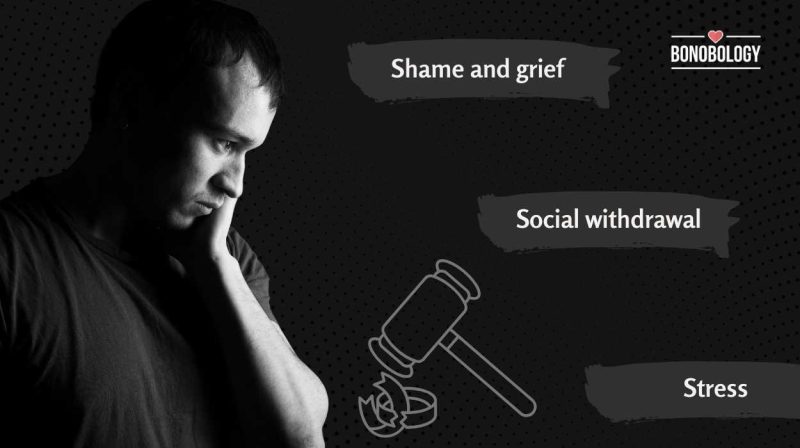Parental alimony cases can be emotionally and legally complicated, requiring prudent handling. Parents who prioritize the interests of their children can effectively resolve alimony issues by being aware of the legal approaches and strategies available. In this article, we examine the best legal strategy for addressing parent-to-parent alimony issues, offering insightful analysis and practical advice on how to settle these conflicts.
Understanding Alimony Disputes Between Parents
Table of Contents
One spouse can resume supporting the other financially after a divorce or breakup by settling alimony. In child-related issues, alimony disagreements can confuse custody and child support agreements, further complicating the legal process. That’s why partners who share children should know about their legal options, rights, and duties vis-a-vis alimony.
This can go a long way in empowering them to defend their interests, deal with honest agreements that prioritize everyone’s financial protection and well-being, and guide the complexity of alimony disputes. This in-depth knowledge can promote more friendly mediation of alimony conflicts and encourage a collaborative atmosphere that is valuable in achieving win-win agreements.
Related Reading: How To Divorce Amicably And Peacefully
Legal Strategies and Tactics To Tackle Alimony Disputes Between Parents
The dissolution of a marriage can be a harrowing experience for the children involved. The situation can become that much more complicated if the proceedings get tangled and hold up alimony disputes. Awareness is the best antidote to this legal mess. If you’re considering separating from your spouse, the following legal strategies and tactics to tackle alimony disputes will hold you in good stead:
1. Documentation and evidence
Accurate documentation collection and maintenance are crucial in cases involving alimony disputes. Maintain thorough records of your earnings, outlay, correspondence with the opposing party, and any pertinent financial data. During negotiations or legal processes, you can use these documents as proof to bolster your position and back up your assertions.
Keeping organized and easily accessible records will not only help you present a clear financial picture but also demonstrate your diligence and transparency to the court. Additionally, having detailed documentation can expedite the resolution process, potentially reducing legal fees and court time.
Don’t forget smaller pieces of proof like tickets, invoices, or documented agreements, as they can collectively make a notable effect on the case. Conferring with your lawyer on the most useful papers can further support your position and confirm you are fully prepared for any legal proceedings.
2. Negotiation tactics
Practical negotiation skills are vital to achieving peaceful solutions in alimony arguments. Method negotiations with a collaborative attitude, focus on problems rather than emotions and be ready to compromise where required. Seeking the assistance of a skilled mediator or child support lawyer can facilitate productive discussions and help parents find mutually agreeable solutions.
A child support attorney at Lawrina can offer you expert advice. These attorneys, who focus only on family law cases, are a great resource for negotiating strategies, comprehending legal complexities, and fighting for what’s best for all sides. By employing the skills of mediators and legal experts, parents can promote candid communication, seek out creative solutions, and strive toward settling alimony disputes in a positive and cooperative way. This will ultimately promote long-term stability and harmony within the family unit.
Related Reading: Divorce Trends In Urban India Through The Legal Lens
3. Legal representation and support
It is important to get a legal advisor for alimony arguments to guarantee that your rights are well-safeguarded and preserved. An experienced family law attorney with expertise in alimony and child support matters can provide strong legal counsel, recommendations, and effective advocacy throughout the dispute resolution process. You can reasonably understand the complexities of family law, including state-specific laws that can affect your case, by consulting with an expert divorce lawyer.
Additionally, they can assist with the drafting of legal documents, gathering relevant evidence, and skillfully representing you in court or mediation sessions. Successfully handling alimony cases may allow attorneys to offer a strategic understanding that others who are not versed in the subtleties of the law might overlook.
Having legal representation can decrease the emotional pressure associated with alimony disputes, permitting you to focus on your personal well-being and future plans. Last but not least, a skilled attorney can advise you about possible results, helping you to set expectations and make well-informed decisions.

4. Financial considerations and asset division
Navigating financial concerns and asset allocation is an essential aspect of alimony disputes. Understanding the economic effects of alternative alimony agreements, income assessments, and asset allocation is necessary to achieve just and equitable outcomes. To guarantee transparent asset division in compliance with legal requirements and to appropriately evaluate financial disclosures, consult legal and financial experts.
Hiring a forensic accountant can be very helpful in locating hidden assets or properties that are undervalued, resulting in an equitable distribution. The tax ramifications of different alimony arrangements should also be taken into account because they might have a big impact on both spouses’ financial situation.
You may maintain long-term stability by adjusting your financial plan and doing regular evaluations of your finances to assist you adjust to changing conditions. Additionally essential to a just and balanced arrangement is making sure that all asset valuations are current and accurate representations of the state of the market.
Related Reading: Prenuptial Agreement – How It Can Protect Your Future
5. Court proceedings and alternative resolution
If an understanding cannot be achieved through talks, alimony disputes may need to be resolved in court. You must comprehend the court’s regulations, the legal system, and your possibilities for relief to properly present your case in court. To promote cooperation, productive dialogue, and agreements outside of court, think about putting alternative dispute resolution processes like arbitration or mediation into place. These techniques can lessen the financial and emotional burden on both parties by being less confrontational and more economical.
Particularly through divorce mediation, more adaptable and imaginative solutions that are customized to the particulars of your case are possible. In contrast, binding decisions in arbitration are made by an impartial third party using the evidence that is given. Being receptive to these options can frequently quicken the divorce settlement process and result in a more cordial relationship afterward. In the event that court proceedings are required, make sure you are well-prepared and have access to any relevant documentation and expert testimony.
Parental alimony cases need to be handled strategically, with an emphasis on teamwork, positive communication, and legal knowledge. By implementing these best practices and speaking with competent legal professionals, parents can effectively manage alimony issues, protect their rights and interests, and put their children’s well-being first at trying times.
Your contribution does not constitute a charitable donation. It will allow Bonobology to continue bringing you new and up-to-date information in our pursuit of helping anyone in the world to learn how to do anything.























Featured
The Hidden Benefits Of Divorce
Divorce Regret: What Is It, Signs, And Ways To Deal
The Pros And Cons Of Being Your Own Divorce Lawyer
15 Subtle Yet Strong Signs Your Marriage Will End In Divorce
10 Things To Do When You Are Thinking About Divorce
10 Tips For Divorced Parents To Handle Joint Custody Effectively
9 Sneaky Divorce Tactics And Ways To Combat Them
15 Most Common Reasons For Divorce
How To Cope With Divorce As A Man? EXPERT ANSWERS
11 Ways To Remain Sane During a Divorce
7 Important Things To Know About Dating While Separated
The Top Rules Of Separation In Marriage To Make It Successful
Lonely After Divorce: Why Men Find It So Hard To Cope
How To Rebuild Life After Divorce: Handling Kids, Money, Dating, And Self-Love
Failed Celebrity Marriages: Why Are Celebrity Divorces So Common And Expensive?
Surviving Divorce at 50: How To Rebuild Your Life
Gray Divorce 101 – A Guide To Divorce After A Long Marriage
Expert Advice – When To Call It Quits In A Marriage
8 Examples Of Unhealthy Boundaries With Ex-Wife
7 Predictors Of Divorce You Should Be Aware Of